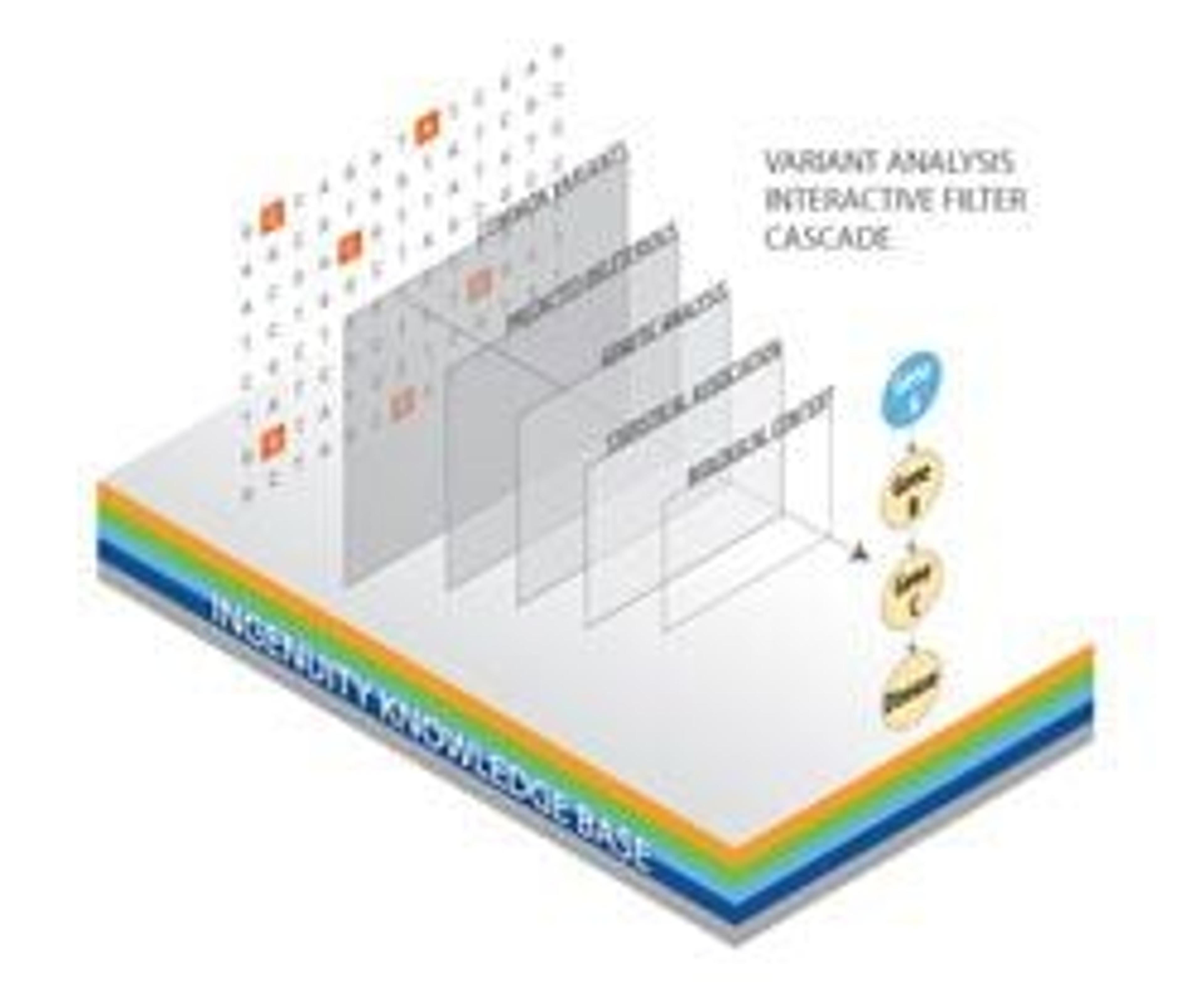Ingenuity Announces Significant Global Uptake of Variant Analysis Solution for Next-Generation Sequencing
9 Jun 2013Ingenuity® Systems, a QIAGEN company, today announced that to date more than 2,500 users representing over 1,000 leading institutions worldwide – including Queen Mary, University of London and Rigshospitalet Copenhagen – have adopted the Ingenuity Variant Analysis™ web-based solution.
Ingenuity Variant Analysis enables the analysis and interpretation of human sequencing data from large-scale whole genome, exome and targeted panel studies conducted with Next-Generation Sequencing (NGS) technologies. Identifying specific disease-causing variants from large-scale whole genome and exome studies, as well as from targeted panels, is difficult and time consuming due to the large number of variants within these data sets and the inherent complexity of creating associations within human biological systems. The Ingenuity Variant Analysis solution provides researchers a powerful web-based platform for identifying and interpreting variants derived from data generated by high-throughput DNA sequencing instruments.
“The biological interpretation and search for causal variants in NGS data are the critical bottlenecks in large-scale NGS studies to understand diseases,” said Finn Cilius Nielsen, Professor, Center of Genomic Medicine, Rigshospitalet Copenhagen. “We have chosen Ingenuity Variant Analysis as our standard for interpreting variants from sequencing studies to rapidly identify high-impact variants from our large-scale disease patient cohort.”
Ingenuity Variant Analysis is a web-based application that enables researchers to rapidly identify causal variants from human sequencing data, using known information about the biological effects of genomic variation. The application uses the accurate, curated biological content in the Ingenuity Knowledge Base, plus many additional sources of variant-level content, to help researchers studying genetics and disease biology quickly sift through millions of variants and identify causal variants based upon known relationships with pathways, genes, biological processes, and diseases.
“The issue we face today is not in our ability to sequence human genomes quickly and cost-effectively, but rather in the months or years it takes to make sense of the data we are creating,” stated Charles Mein, Genome Centre Manager, Barts and The London, Queen Mary’s School of Medicine and Density. “This bottleneck is alleviated with Variant Analysis, and by bundling the solution as part of our sequencing services, we are able to offer our researchers a complete sample-to-insight workflow.”

